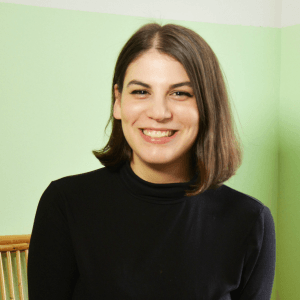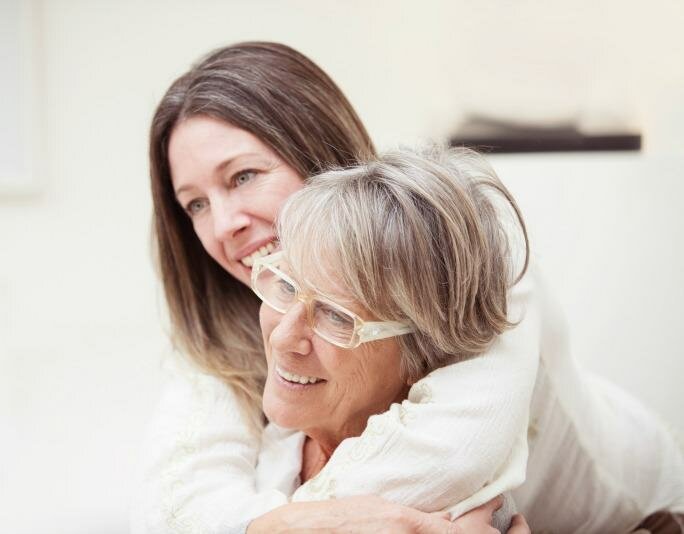Growing up, my mother said a few things to me with the same insistent gravity:
"You just wait until your father gets home."
"We are NOT getting a dog."
And perhaps the one taken the most seriously:
"I am not your friend. I'm your parent."
Though she never just shouted this out of the blue—it was typically in response to me saying something jokingly affectionate like "you're my best friend!"—as a kid, it still seemed kind of harsh.
Why couldn't my mom, the person who was and is my number one, be my best friend? And why shouldn't she be? Almost all the other girls referred to their moms as their best friends.
This longing only grew worse when shows like Gilmore Girls came into my awareness. I wanted the kind of relationship that Lorelai and Rory had—one that involved crying together over breakups and/or consuming exorbitant amounts of pizza rolls.
At least, I thought I wanted that.
Then I grew up.
As an adult, I am extremely aware of the fact that the best thing my mother ever did for me was refuse to be my friend.
By separating motherhood and friendship, my mom showed me that raising me to be a good, level-headed person was more important than whether or not I "liked" her.
She knew what was best for me, and stuck to it—even if it meant that I occasionally yelled "I hate you!" when I didn't like the rules (sorry, Mom).
For example, her strict cursive-only rule when I was in grade school. Meaning, she literally called my teacher and told her that I was to write all of my assignments in cursive, even though it was not a requirement for any other student.
I hated this kind of thing as a kid, but as an adult, it's extremely clear that not always getting my way made me a better person. It makes life a whole lot easier—because let's face it, a lot of the time as adults, we don't get our way.
I learned early on that there are some things we just have to do, and it's easier to just do them and move on.
But despite her strictness, my mother also knew when to take off the disciplinarian hat and put on the friend hat. Every so often when she could see I was sad or upset, instead of driving me to school, she would come into my room and say "let's play hookey today."
She'd wipe away my tears without any questions asked, take me out for ice cream, and rub my back until I fell asleep.
And the next day, just like that, she'd be back to making sure I got up and ready for school on time.
As an adult, I can see how important this balance was. My mother was able to be a friend when I needed her, but she always made sure that parenting came first.
Though that sometimes frustrated me, it also gave me an unwavering sense of security in my life. At a young age, I wasn't yet capable of realizing how valuable that was.
James Lehman, author of Empowering Parents, agrees that such a boundary between parents and children is important.
"Friends are a group of people that have the same notion about ideas and life. The truth is, children and adults have very different notions about what they should be doing.
"They have entirely different notions about what’s right and wrong. They have very different notions about what they want to do tonight. So I think that you need to be a parent to your child and be loving, caring and responsible. But I think you have to find your confidantes outside of that family structure."
But now that I'm an adult, my relationship with my mom is different. She can be my best friend because her job is, for the most part, done.
She can't punish me when I do something that she doesn't approve of (like get a tattoo or walk home alone at 2 a.m.)—all she can do is voice her opinion and hope it has an impact on me.
Of course, she's still my parent and plays that role in my life, but she's no longer responsible for making sure I get my homework done or go to bed on time.
But the effects of her parenting are long-lasting. I see it more and more as I grow older—like the time I refused to go bike riding with a friend until she put on her helmet because "I will not have you cracking your skull open on my watch."
A demand that while firm and seemingly overprotective, was born out of love: just like every rule laid down by my mother in my childhood.
Though it took me some time, she taught me to be both strong and soft, that a woman can and should be both.
And for this, I am endlessly grateful.
instant happy in your
mailbox every day.






